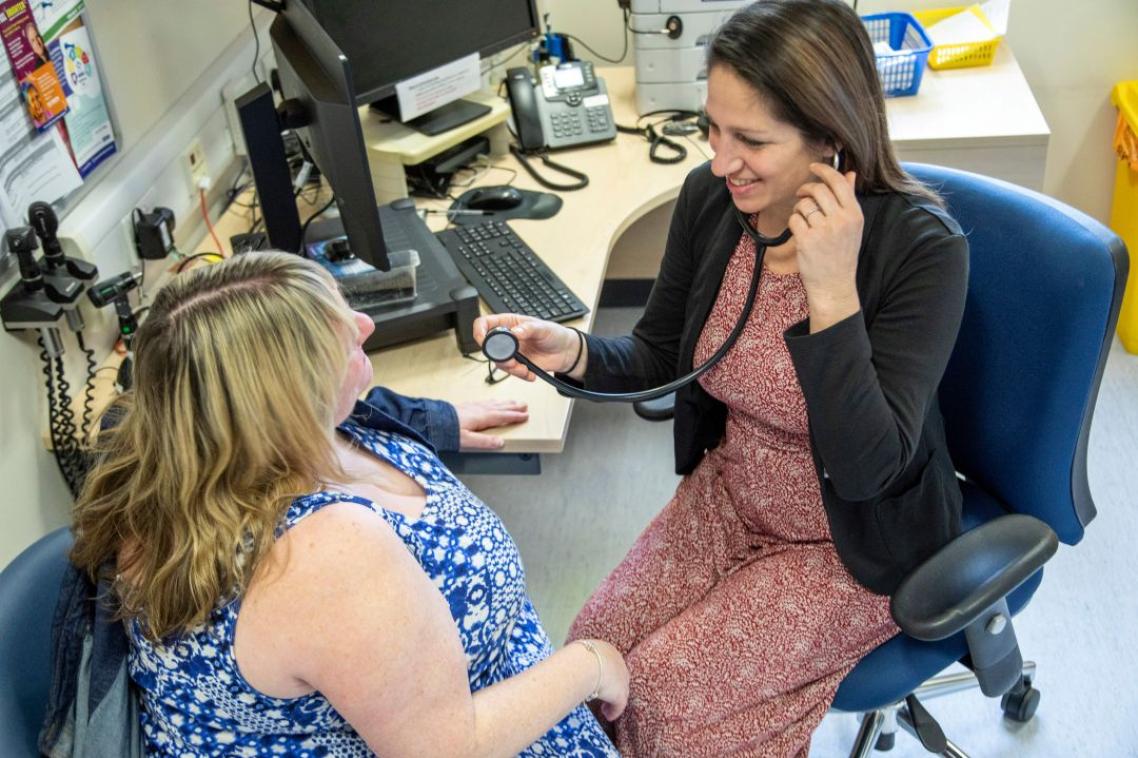Social media use linked to poor adolescent diets

Poor dietary habits have been linked to overusing social media.
(Photo credit: Adobe. )
Poor dietary habits in adolescence – lots of sweets, sugary drinks or skipping breakfast – is directly linked to overusing social media, University of Queensland research has found.
Associate Professor Asaduzzaman Khan from UQ’s School of Health and Rehabilitation Sciences led a team that analysed data from the Health Behaviour in School-Aged Children survey involving 222,865 adolescents from 41 countries.
“This is the first multi-national study to offer insights into how social media behaviours are linked to adolescents’ dietary choices,’’ Dr Khan said.
“As social media use continues to rise, it’s important to access what potential harm its use may be doing to our kids.’’
The study examined social media use that was defined as excessive (frequent or extended use), or problematic (mirroring addiction-like symptoms with compulsive and uncontrollable behaviour).
Both types were associated with lower breakfast intake and higher consumption of sweets and sugary foods and drinks.
Dr Khan said the findings reinforced the importance of reducing problematic and excessive social media use to help stop poor dietary habits.
“These poor dietary habits are potential risk factors for obesity, weakened immune system, mental well-being, and chronic conditions including diabetes, hypertension, and cardiovascular issues later in life,” he said.
“Issues like cyberbullying, body shaming and negative body image are beyond the scope of this particular work, but we know from other research that overuse of social media certainly affects psychosocial health, academic performance, interpersonal and family relationships.
“The challenge is how, as a family, as a community, we are going to deal with it, so we are using the technology without letting our kids harm themselves.
“We cannot simply live our life without social media or without screens but there is a need for education in the community.’’
The research also analysed fruit and vegetable consumption, finding problematic social media use was associated with a lower fruit and vegetable intake, with adolescents in this category possibly engaging in mindless eating of unhealthy snacks while scrolling, with limited time for meal preparation.
Conversely, excessive use was linked to a higher intake of fruit and vegetables that may be due to the influence of health-conscious influencers, nutritionists, and fitness enthusiasts, the study reported.
Dr Khan said adolescence offered a unique opportunity to develop and promote healthy dietary habits.
“This is a period characterised by autonomy in eating behaviours and establishment of new personal habits,’’ he said.
The research is published in Pediatric Research.
Media Contact
UQ Communications
communications@uq.edu.au
+61 429 056 139
Topics
Related articles

Nature versus nurture question addressed in landmark study

A better way to assess cardiovascular health
Media contact
UQ Communications
communications@uq.edu.au
+61 429 056 139
